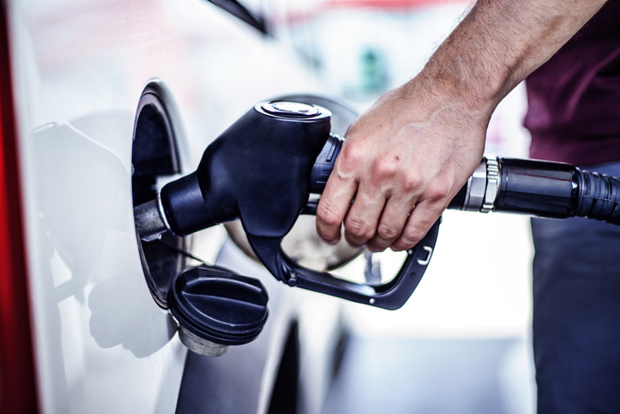Diesel vans to be sold for at least the next 10 years

Sales of new diesel vans will be allowed to continue to 2035 following a review of the Government's ZEV targets in the wake of new US trade tariffs.
The ZEV Mandate will be changed to make it "easier for industry to upgrade to make electric vehicles” by allowing hybrid cars and internal combustion vans to remain on sale until 2035. The Government says it is "responding to widespread concerns about the challenges of van electrification".
The updated ZEV mandate will maintain the existing electric vehicle targets, though, which in 2025 are 28% ZEV sales for new cars and 16% for new vans.
However, of the 51,539 vans sold in March 2025, only 3897 were electric – a total of 7.6%.
The changes follow the recent consultation with carmakers and the wider industry, but have been accelerated by the US tariffs.
PM Sir Keir Starmer said: "Global trade is being transformed so we must go further and faster in reshaping our economy and our country through our Plan for Change."

